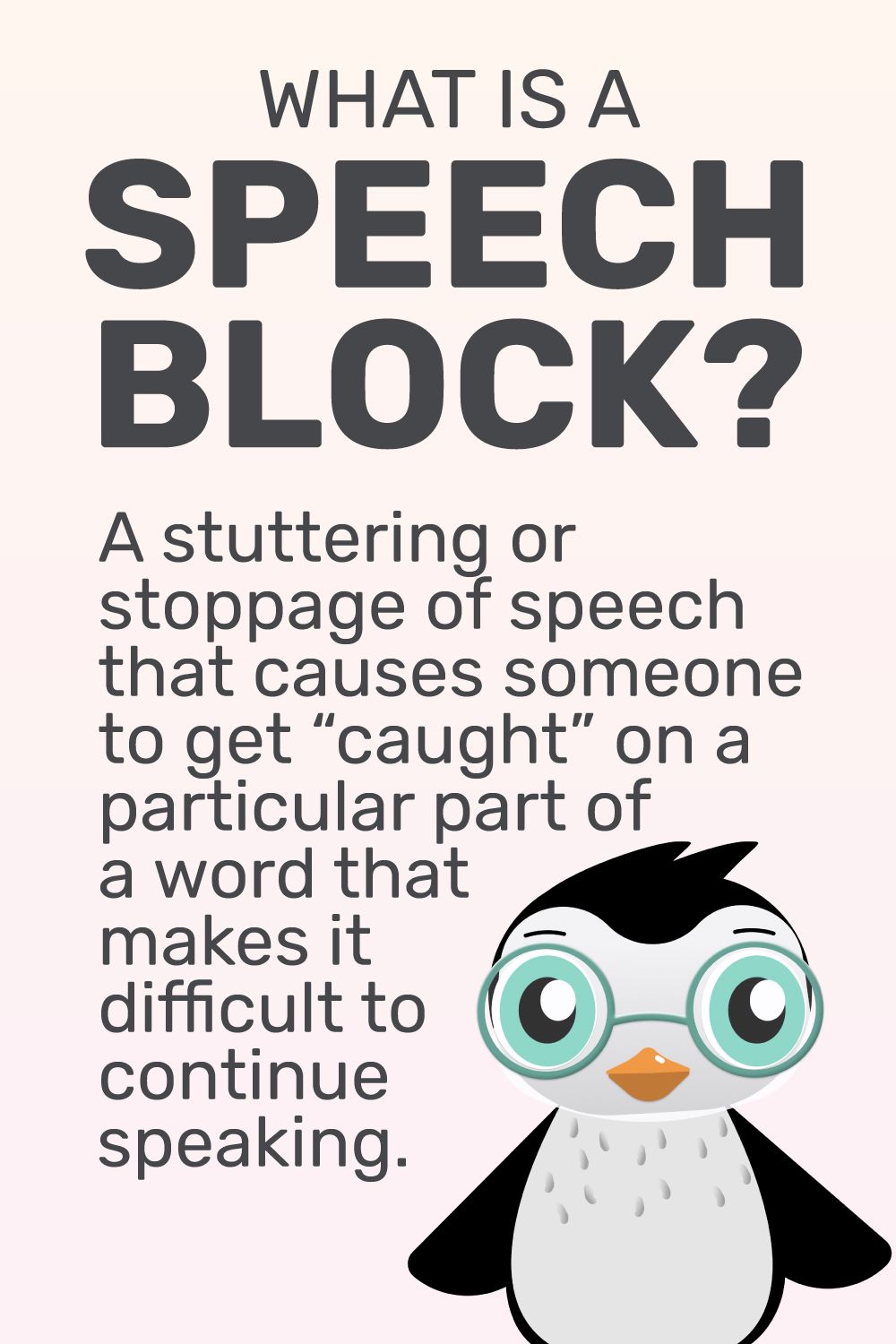Meet Susie, a creative and imaginative six-year-old girl with a passion for storytelling. Susie loves sharing her adventures with others, but she faces challenges when it comes to articulating certain sounds correctly. In this story, we’ll explore how articulation and phonology impact Susie’s communication and how she overcomes these obstacles with the help of her speech-language pathologist, Ms. Johnson.
Susie’s Articulation Challenges:
- When Susie tries to say words like “rabbit,” she often says “wabbit” instead, causing confusion and misunderstandings.
- Susie’s parents notice her frustration and decide to seek guidance from a speech-language pathologist, Ms. Johnson.
Ms. Johnson’s Expertise:
- During their initial meeting, Ms. Johnson explains that Susie’s difficulty with the “r” sound falls under articulation, a common issue that can be improved.
- Ms. Johnson uses playful exercises and techniques to help Susie practice and refine her articulation skills.
The Role of Phonology:
- Ms. Johnson incorporates phonology into their sessions to reinforce correctly placing the “r” sound within words.
- She explains how the sound fits within the phonological rules of the English language.
Susie’s Progress:
- Susie engages in activities like playing with toys emphasizing the “r” sound, identifying words with the targeted sound, and participating in fun tongue twisters.
- With consistent practice and support from Ms. Johnson, Susie’s articulation skills gradually improve, boosting her confidence.
The Impact:
- Susie feels more understood and enjoys sharing her stories without hesitation.
- Her parents are thrilled with her progress and grateful for Ms. Johnson’s guidance and expertise.
In this story, Susie’s experiences highlight the challenges children may face with articulation difficulties and how targeted interventions, along with the expertise of a speech-language pathologist, can make a significant impact. Through her dedication, support from her parents, and guidance from Ms. Johnson, Susie learns to overcome her articulation challenges and confidently express herself, ultimately enhancing her communication skills and fostering a love for storytelling.
Goally, a tablet-based tool, helps kids improve articulation and phonology through fun apps like digital visual schedules, AAC, and gamified learning. It also offers apps for teaching emotional regulation, executive functioning skills, and social skills through skills training videos. By using Goally, children like Susie can enhance their language and life skills in an engaging and effective way.














